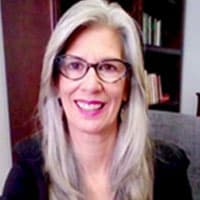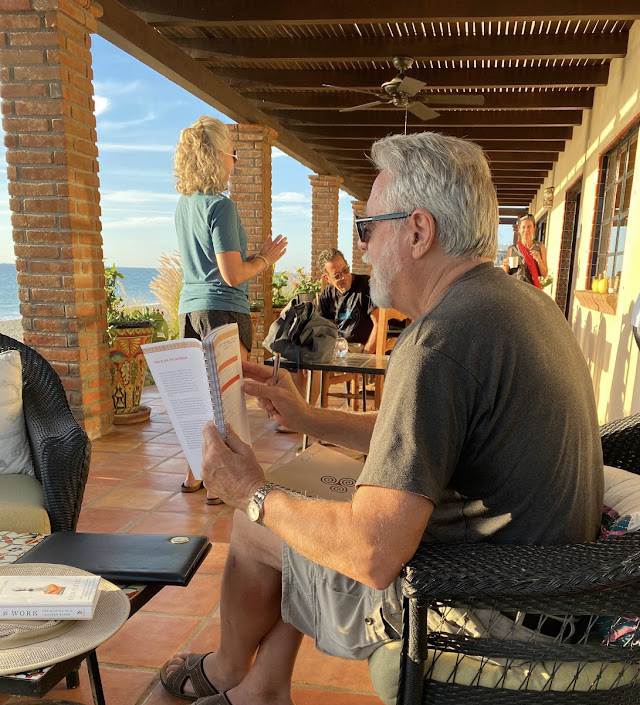
By 2030, estimated 7 million LGBTQ+ people age 65 and over will live in the U.S. As a CFP Board ambassador and a SAGE National Resource Center ambassador for LGBTQ+ elders, I advocate for this group of people. They are often invisible in their communities and they have unique financial planning needs. They also often face legal restrictions and may feel personally restricted during their golden years. Members of the Silent Generations (born 1928 to 1945) are often the least prepared for retirement by no fault of their own.
In this series of articles, I’d like to share with you my approach to LGBTQ+ planning and highlight the generations one at a time. I will sometimes use the word “gay” as a catchall term for simplicity. I mean no disrespect to any “folx” in my community and I am in no way excluding anyone who identifies as other members of the LGBTQ+ community.
Be an Ally or Find an Ally
Financial-services professionals who say they don’t need to do anything different for LGBTQ+ seniors clients have likely never felt the weight of discrimination. If you can’t open your heart and be thoughtful about what it might take for an LGBTQ+ elder to pursue financial security for themselves and their loved ones, maybe it’s better to refer those clients to someone like me. But if you really want to be an ally, you need to educate yourself by seeking out resources and learning about our history and issues.
Many LGBTQ+ seniors share common worries, experiences and threats to their quality of life. For example, we are still trying to find ways to feel authentic in the world. Yet, at the same time, we are a very diverse community and don’t all have the same needs. We want to be recognized and accepted as a group and as individuals..
Age Matters
Many people don’t realize that there are three different generations of LBGTQ+ seniors — boomers, the Silent Generation and the now-tiny Great Generation. Members of each of these generations have operated their lives a little differently than each other because of the shifting legal consequences and forms of discrimination prevalent during our lives. The AIDS epidemic has also profoundly affected members of our community.
All of these societal issues influence the ways in which we respond to certain terms, the language we use in our community, and how we handle our personal lives, privacy and resources (money, family planning, legacy). We also think about quality of life and healthcare in different ways, depending on what we’ve experienced during our lifetime.
But one thing we have in common, no matter which of these generations we fall within: Most of us have felt the sting of discrimination many times in our lives.
Additional Reading: Serving Diverse Clients Is These Advisors’ Mission
LGBTQ+ financial planning requires patience, empathy, and consciousness. Pointed strategies must be used to foster deep conversations that can win gain trust. The approach to take often depends on which one of the generations you want to work with. Members of these generations have varying levels of risk tolerance and resources.
Some Perspective
On June 26, 2015, the U.S. Supreme Court ruled in a 5-4 decision (Obergefell v. Hodges) that state bans on same-sex marriage are unconstitutional. This effectively legalized same-sex marriage across the U.S. and its territories.
Many LGBTQ+ elders in the Silent Generation, now in their late 70s, 80s and 90s, welcomed the Obergefell v. Hodges decision but for most it arrived too late. Many of their partners have died. Some who have been life partners for 50 years have lived separately for so long that it would be difficult to merge their housing and financial lives now.
Members of the Silent Generation often kept everything about their personal lives private from family, co-workers, etc. They often lived separately and introduced each other as friends. They also kept their financial accounts, investments and banking accounts separately. Although many Silent Generation LGBTQ+ members handle decisions together and love each other deeply, the fear they experienced as young gay couples created their intense and lasting need for secrecy.
The AIDS epidemic, one of the most difficult times in our history, has also left very painful scars. Many older seniors who are alive today will tell you they lost so many friends, lovers and whole communities to this awful virus. The epidemic also left deep financial scars. Many 70-and-up gay seniors live in poverty today: Many neglected to plan for retirement and other long-term goals because they didn’t think they would live into their golden years.
Yet there is a wide wealth disparity within the Silent Generation LBGTQ+ community. Others have plenty of wealth and live in wealthy communities in many large cities across the U.S.
Jumpstarting Conversations
When meeting with a gay couple for the first time, I always say, “Tell me your story. How did you meet?” This helps open the conversation about ways we can relate and what kinds of financial planning needs they may have. After a full discussion of their past, we discuss their reasoning behind not legally getting married.
I also say. “Let’s just take a look into the pros and cons of marriage and see if that would be a positive thing for the two of you.”. Let’s compare Social Security benefits, how you transfer your wealth to each other at death and what about your legacy: Hhow do you want to be remembered as a couple.”
Marriage is about more than legal rights or benefits, of course, but I want clients to be aware of things they may never have considered.
It’s Never Too Late
Two of my clients in their 80s about getting married and they told me, “We don’t want everyone to know.” I suggested to them, “You can have a very small wedding with a minister and a couple of witnesses. Then you get it on paper, so when one of you passes away, we have Social Security survivor benefits for the other one. We can move the retirement accounts into the survivor’s name without the restrictions of a non-spouse.” I explain the differences and show them on graphs.
Marriage is a big deal from a financial planning perspective. Any financial planner who wants to serve the LGBTQ+ community should be ready to offer thoughtful guidance on the financial benefits of marriage, keeping in mind that it can be a difficult decision.
Laura J. LaTourette, CFP® (she, her), is particularly passionate about working with the LGBTQ+ community and on estate planning, end-of-life decisions, charitable giving and legacy planning. She is a member of the FPA’s Pride Planners, DEI committee and annual conference committee. Laura is a CFP Board Ambassador and a SAGE National Resource Center Ambassador for LGBTQ+ elders. She also was an inaugural member and served for five years on LPL’s Diversity and Inclusion Council.







